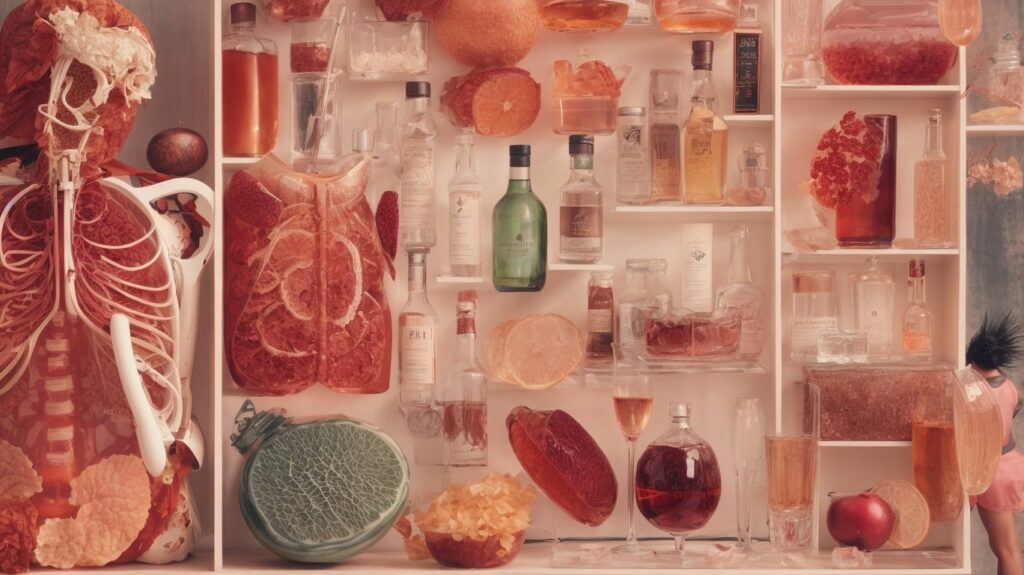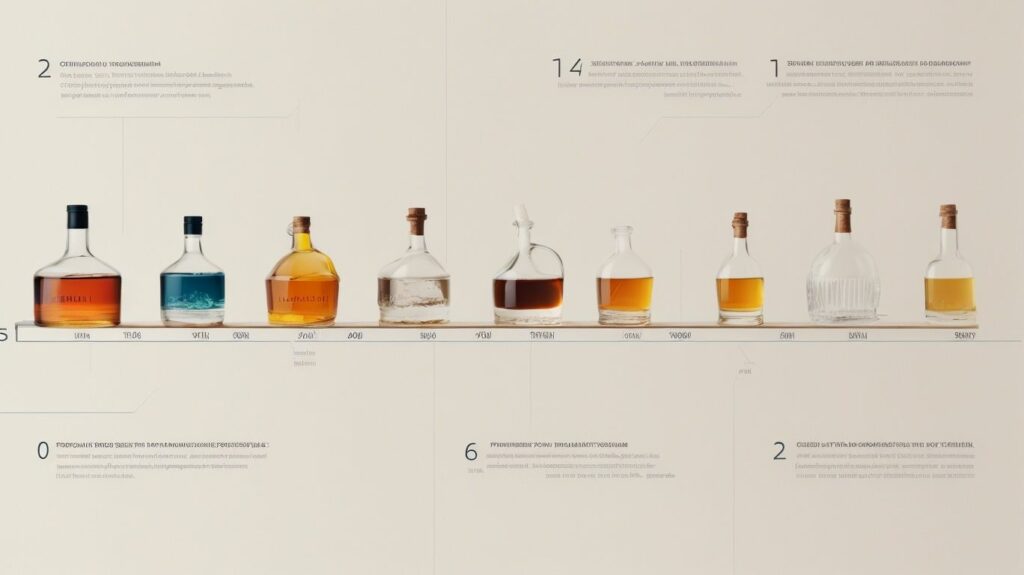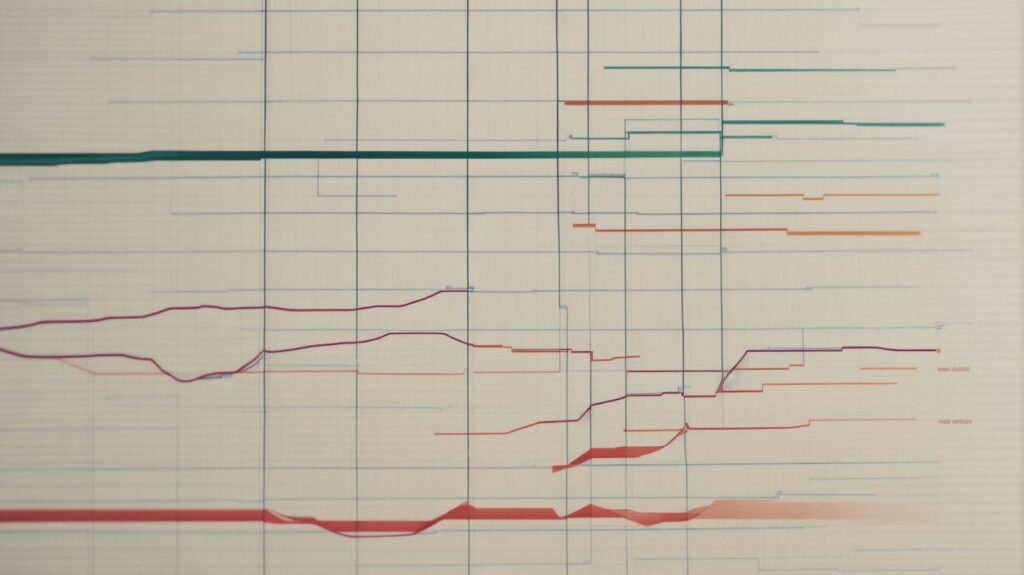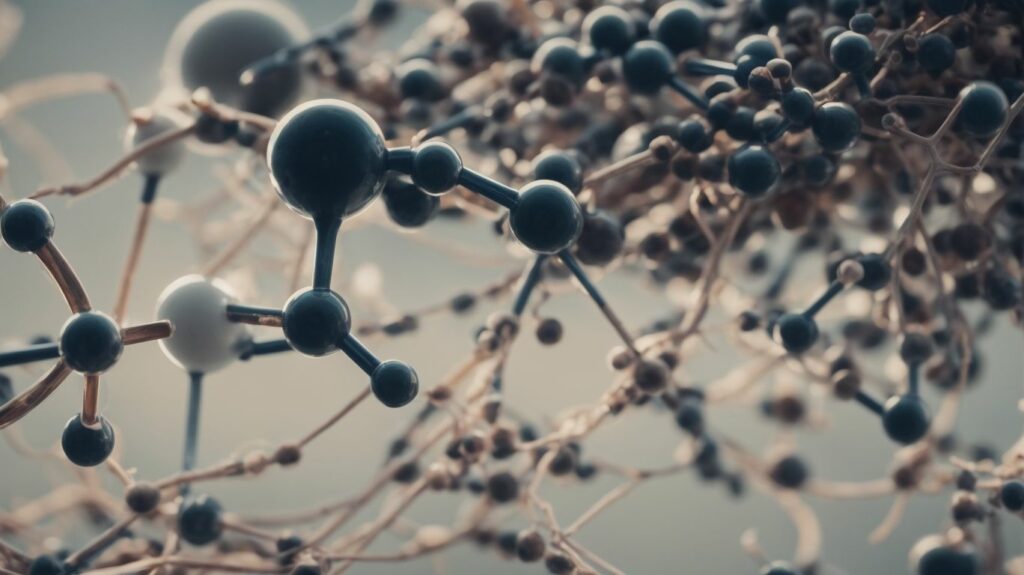20+ Years Experience
Specialist Alcohol Help

Enquire Today For A Free No Obligation Quote
Alcohol addiction, also known as alcoholism, is a chronic and progressive disorder characterised by a strong craving for alcohol, loss of control over consumption, and continued use despite negative consequences. It is a serious medical condition that can have adverse effects on an individual’s physical, mental, and emotional well-being.
There is no single cause of alcohol addiction, but various factors can contribute to its development. These may include genetic predisposition, environmental influences, and psychological factors.
Studies have shown that individuals with a family history of alcohol addiction have a higher risk of developing the disorder.
Recognising the early warning signs of alcohol addiction is crucial for seeking timely intervention and treatment. Some common signs include:
Diagnosis of alcohol addiction is typically based on a combination of physical exams, psychological evaluations, and diagnostic criteria outlined in the Diagnostic and Statistical Manual of Mental Disorders (DSM-5). Treatment options for alcohol addiction may include therapy and counselling, medications, support groups, rehabilitation programmes, and lifestyle changes.
While there is no guaranteed way to prevent alcohol addiction, maintaining a healthy lifestyle, avoiding excessive alcohol consumption, and seeking help for underlying mental health issues can reduce the risk. It is also crucial to educate individuals on the dangers of alcoholism and promote responsible drinking habits.
Early intervention is key to treating and managing alcohol addiction, so it is essential to recognise the signs and seek help as soon as possible.
Alcohol addiction, also known as alcoholism, is a chronic disease characterised by uncontrolled drinking and preoccupation with alcohol. It’s a condition where an individual consumes alcohol despite negative consequences, leading to physical and psychological dependence.
To address alcohol addiction, seeking professional help, joining support groups, and developing healthy coping mechanisms are crucial steps. Treatment options include:
Alcohol addiction can stem from various factors, including:
Genetic predisposition can increase the likelihood of developing alcohol addiction, while environmental influences such as family upbringing and peer pressure also play a crucial role. Psychological triggers, like stress or trauma, contribute to alcohol addiction. Understanding what causes alcohol addiction is essential in developing effective prevention and treatment strategies.
Alcohol addiction can have a genetic component.
Research indicates that genetic factors contribute to about half of the risk for alcohol addiction. Specific genes can make a person more vulnerable to developing addiction, but environmental factors also play a significant role.
For instance, if a person grows up in an environment where heavy drinking is common, they may be more likely to develop alcohol addiction despite genetic predisposition.
In 1990, a landmark study found that sons of alcoholic fathers were four times more likely to develop alcohol addiction compared to those without alcoholic parents.
The environment plays a crucial role in alcohol addiction, influencing availability, social norms, and stress levels.
Peer pressure, easy access to alcohol, and cultural acceptance can contribute to the development of addiction. Stressful environments can also lead to increased alcohol consumption as a coping mechanism.
Research shows that individuals surrounded by heavy drinking are more likely to develop alcohol addiction due to the normalization of excessive drinking behaviours.
Fact: The environment’s impact on alcohol addiction is evident in studies showing higher alcoholism rates in areas with more off-licences per capita.
Alcohol addiction is a serious issue that can have devastating consequences on an individual’s life. It is important to recognise the early warning signs of alcohol addiction to seek help and prevent the situation from escalating.
In this section, we will discuss the telltale signs that may indicate a developing alcohol addiction. From increased tolerance to denial and defensiveness, we will cover the various warning signs and their implications. By being aware of these signs, we can take proactive measures to address the issue before it becomes a full-blown addiction.
Increased tolerance to alcohol is a sign of alcohol addiction, where the body requires more alcohol to produce the same effects.
Monitor alcohol consumption patterns, noting an escalating need for alcohol to achieve desired effects. Consult a healthcare professional for guidance if experiencing increased tolerance to alcohol.
If you or someone you know experiences these symptoms when trying to stop drinking, seeking medical assistance is crucial for a safe withdrawal process.
Recognise behaviours like drinking more than intended or unsuccessfully trying to cut down on alcohol consumption. Monitor frequent occasions of drinking to excess and experiencing blackouts due to alcohol use. Seek professional help if you or someone you know exhibits these signs to regain control over alcohol consumption.
Understanding the signs of loss of control over alcohol consumption can be crucial in addressing alcohol addiction. If you or someone you know shows these signs, seeking help and support is essential for regaining control and leading a healthier life.
During the industrial revolution, neglecting responsibilities became a widespread issue as workers faced long hours and hazardous conditions, often leading to alcohol abuse and neglect of family and societal duties.
Isolation and secrecy are common behaviours in individuals struggling with alcohol addiction. They may withdraw from social activities and keep their drinking habits hidden. This behaviour often stems from shame or fear of judgement.
It’s crucial for loved ones to recognise these signs and offer support without judgement or criticism. Understanding and patience are key in helping individuals break free from isolation and secrecy.
Individuals may refuse to acknowledge their excessive drinking as problematic, rationalising or minimising its impact on their lives.
When confronted, people with alcohol addiction may become defensive, justifying their behaviour and refusing to consider seeking help.
Recognising the early warning signs of alcohol addiction is crucial in seeking treatment. But what are the options available for those struggling with alcohol addiction? In this section, we will discuss the various available treatment options.
From therapy and counselling to medications and support groups, we will explore the different methods that can help individuals overcome their addiction. Additionally, we will also touch upon the importance of lifestyle changes and rehabilitation programmes in the recovery process.
Alcohol addiction can be prevented by the following:
Some early warning signs of alcohol addiction include lying or hiding drinking, using alcohol to cope with negative emotions, and regularly blacking out while drinking.
Handling urges to drink can be challenging for individuals with alcohol addiction because of the strong desire to drink and the difficulty controlling alcohol intake.
Problem drinking refers to a pattern of alcohol use that is starting to affect daily life and put individuals at risk for becoming dependent. Alcohol dependence is a full-fledged addiction that significantly impairs an individual’s life.
To reduce the risks of developing AUD, individuals can limit their alcohol consumption, avoid binge drinking, and seek help if they feel they may have a problem.
Some negative consequences of AUD include damage to the liver, heart, and brain, as well as increased risk for accidents and dangerous situations.
According to a study published in Neuropsychopharmacology, individuals with AUD showed different brain activity when exposed to alcohol-related cues compared to social drinkers.
This highlights the importance of being aware of one’s own cues and triggers in managing alcohol addiction.
There are a range of other services that we can provide. Have a look at the list below for more information:











































































































































We Aim To Reply To All Enquiries With-in 24-Hours